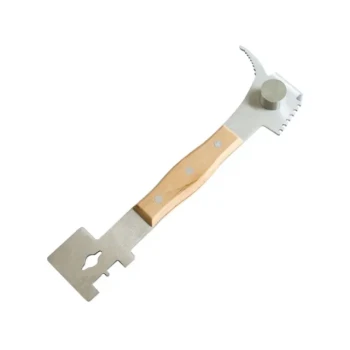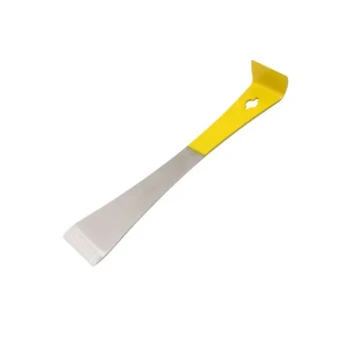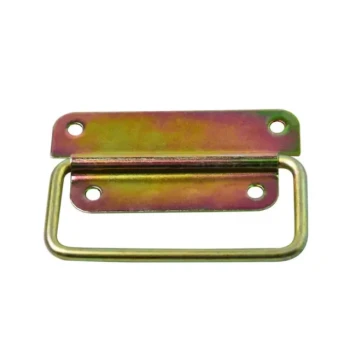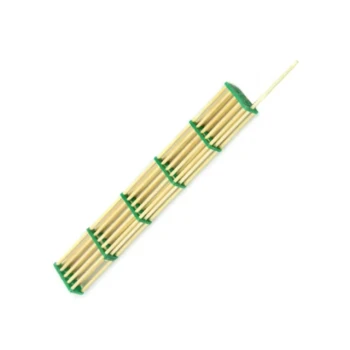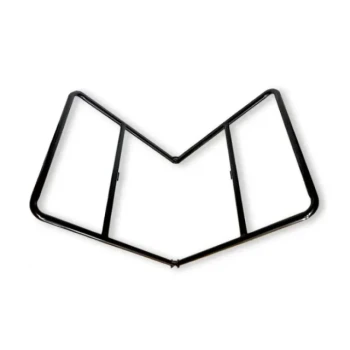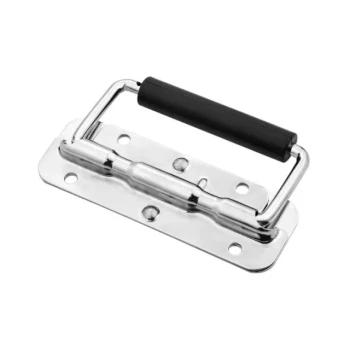Ultimately, the minor differences between a nucleus hive and a package of bees center on two critical factors: the status of the queen and the origin of the bees. A nucleus hive provides a proven, accepted queen and locally adapted bees, giving the colony a significant head start. In contrast, a package requires the delicate process of queen introduction and often involves bees that have undergone the stress of long-distance shipping.
The choice between a nucleus hive and a package is not just about receiving bees with or without comb. It's a strategic decision that trades the higher initial cost and limited availability of a nuc for a lower-risk, faster-starting colony.
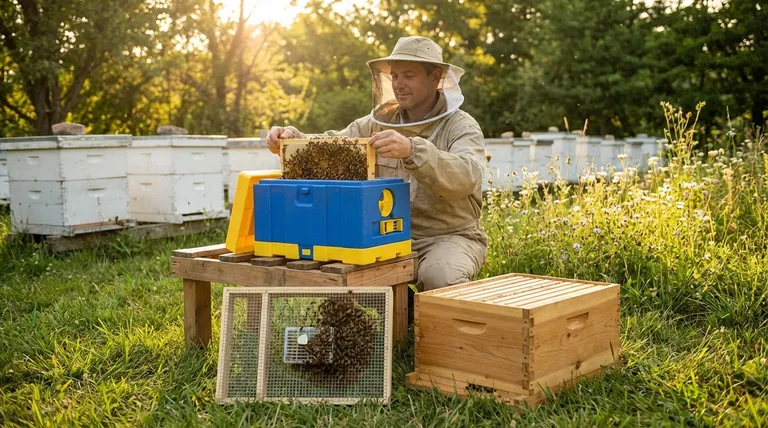
The Queen's Critical Head Start
The single most important factor for a new colony is a healthy, laying queen. How she arrives and integrates with the bees is a crucial point of difference.
The Proven and Accepted Queen (Nuc)
A nucleus hive, or "nuc," contains a queen who is already the established mother of the colony. She has been laying eggs for some time, and her brood pattern is present for your inspection.
There is no "introduction" period. The colony is a functioning, cohesive family unit from day one, ready to expand into their new hive.
The Introduction Process (Package)
A package of bees is essentially a collection of unrelated bees shipped with a caged, unacquainted queen. Your first major task is to introduce her to the colony and hope for her acceptance.
This process introduces a period of significant vulnerability. If the queen is not accepted, the colony becomes queenless, and its establishment is severely delayed or doomed without quick intervention.
The Impact of Sourcing and Logistics
Where your bees come from and how they get to you has a direct impact on their health and long-term success.
Local Adaptation and Genetics (Nuc)
Nucleus hives are almost always produced by local beekeepers. The bees are therefore genetically adapted to your specific climate, flowering seasons, and regional pest pressures.
This local sourcing also eliminates the immense stress of long-distance travel, resulting in healthier, calmer bees upon installation.
Shipping Stress and Biosecurity (Package)
Packages are often produced by large-scale bee breeders in warmer climates and shipped hundreds or thousands of miles. This journey is incredibly stressful for the bees.
This practice also carries a biosecurity risk. Shipping bees across regions can inadvertently introduce pests, parasites, or diseases that may not be prevalent in your local area.
Understanding the Trade-offs
Neither option is universally superior; the right choice depends on your goals, experience, and risk tolerance.
The Nuc's Disadvantage: Availability
The primary drawback of a nucleus hive is limited availability. They are typically more expensive than packages and are often not ready for pickup until later in the spring, as the beekeeper needs time to raise them.
The Package's Advantage: Flexibility
Packages are less expensive and widely available for early spring delivery. Their logistical simplicity makes them the standard for large-scale commercial beekeepers who need to establish many hives at once.
The Hidden Cost of Failure
While a package has a lower upfront cost, the risk of queen rejection or a slow start due to stress can be costly. A failed package that requires replacement is far more expensive than a successful, albeit pricier, nucleus hive.
Making the Right Choice for Your Goal
Your priorities as a beekeeper should guide your decision.
- If your primary focus is a reliable start and a higher chance of first-year success: Choose a nucleus hive for its proven queen and locally adapted bees.
- If your primary focus is lower initial cost and you are prepared to manage the risks: A package can be a viable option, especially if you have experience with queen introduction.
Understanding these foundational differences empowers you to make a decision that best supports the health and productivity of your new colony.
Summary Table:
| Factor | Nucleus Hive (Nuc) | Package of Bees |
|---|---|---|
| Queen Status | Established, proven, and laying | New, caged, requires introduction |
| Bee Origin | Local, adapted to your climate | Often shipped long-distance |
| Risk Level | Lower risk, faster start | Higher risk of queen rejection |
| Cost & Availability | Higher cost, limited spring availability | Lower upfront cost, wider availability |
| Best For | Reliability and first-year success | Cost-conscious, experienced beekeepers |
Ready to build a thriving apiary?
Whether you're a commercial apiary establishing hundreds of hives or a distributor sourcing reliable equipment, the right start is critical. HONESTBEE supplies beekeepers with the durable, high-quality supplies and equipment needed for success, from nuc installation to long-term hive management.
Let's discuss your wholesale needs. Contact our team today to get the right equipment for your operation.
Visual Guide
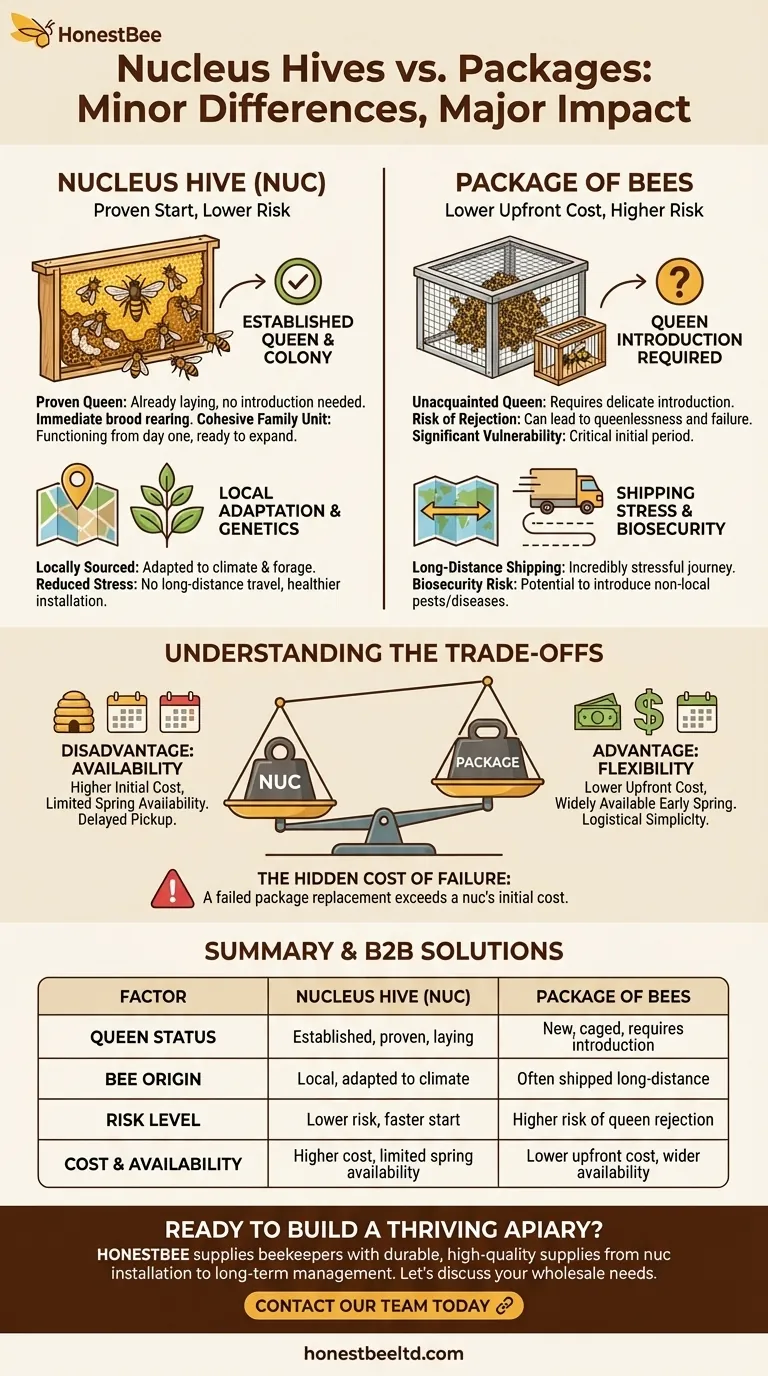
Related Products
- 4 Frame Plastic Nuc Boxes for Beekeeping Bee Nuc Box
- Multi-Function Hive Tool with Integrated Hammer for Beekeeping
- Inner Beehive Cover for Beekeeping Bee Hive Inner Cover
- Professional Engraved Round Hive Number Tags for Beekeeping
- HONESTBEE Professional Entrance Bee Feeder Hive Nutrition Solution
People Also Ask
- What is the step-by-step process for transferring a nucleus colony into a new hive? A Guide to Nuc Success
- How should a hive location be prepared before installing a nucleus hive? 4 Steps to Optimize Your Apiary for Success
- What is a flexible method for creating a nucleus hive? Master Split Management with Standard Equipment
- How can creating a nuc be used for swarm control? Prevent Bee Loss with Strategic Splitting Techniques
- What is a 'nuc' and what are its primary uses in beekeeping? Essential Guide to Nucleus Colonies

